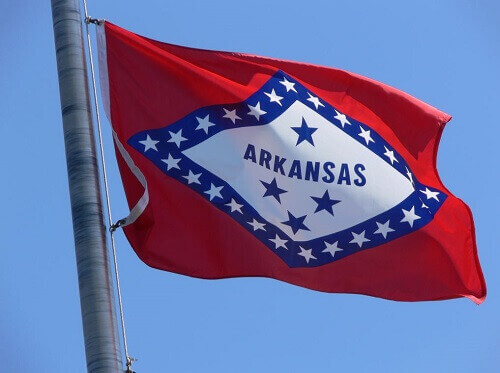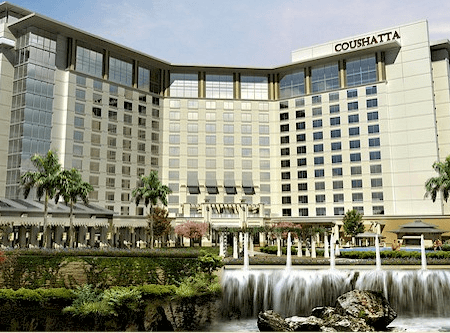A recent proposal to legalize commercial casino gambling operations in Arkansas has been rejected by the state’s Attorney General. The proposal, which came from a resident in the state, was rejected because the proposal was poorly written and couldn’t be taken seriously.

Arkansas Allows Citizens to Propose Law Changes
If you’re living in Arkansas, the law actually allows for voters to propose changes to the laws, state bills, as well as challenge state legislation. A resident of Hot Springs, by the name of Barry Emigh, has been attempting to do this for years as he tries to get commercial gambling legalized.
For nearly 20 years now, Emigh has reportedly sent in around 20 recommendations to change the state laws surrounding gambling. Unfortunately for him, and other Arkansas resident that enjoy casino gambling, none of his attempts have been successful so far.
As it stands right now, if an Arkansas residents want to gamble, they are only permitted to partake in pari-mutuel betting at a handful of racetracks. Out of these racetracks, only two of them are permitted to offer some other gambling games, such as slot machines and electronic versions of Blackjack, Roulette, and Poker.
Overly Complicated Bill
The State’s Attorney General, Leslie Rutledge, rejected the bill due to its overly complicated and long title, alongside other issues. These included the bill lacking specific details on several important areas. The bill was titled “An Amendment to the Arkansas Constitution Legalizing Gambling to the Fairplay Holdings Ballot Question Committee Members”. It does seem like the Attorney General had a point.
Even if he had received approval from Rutledge, he then would have had the mammoth task of collecting nearly 85 000 signatures from at least 15 of the state’s counties. This all would have had to be done within less than six months, as voters head to the ballots in November.
In 2016, the Cherokee Nation attempted to get three casinos to be built in three counties with Arkansas Issue 5. In the end, the Supreme Court rejected the ballot for its potential to violate the Professional and Amateur Sports Protection Act. This federal act allows Nevada, Oregon, Montana, and Delaware to offer sports betting, but forbids other states from doing so.




